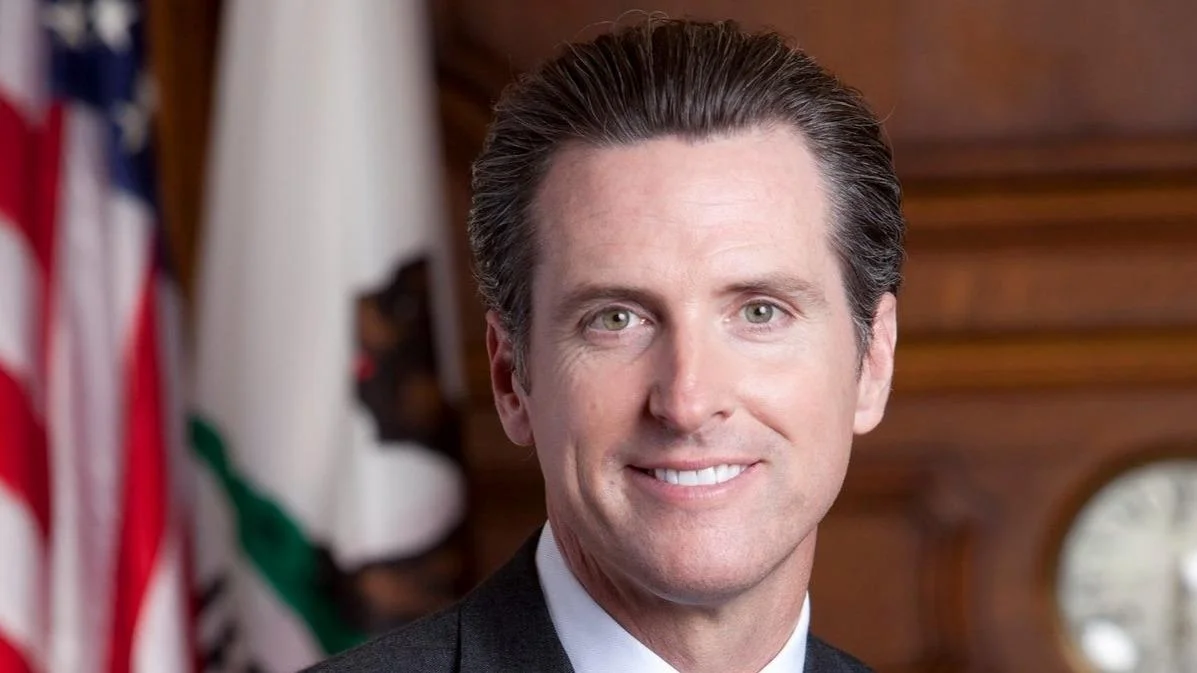
Gavin Newsom, Governor of California | Official website
Former secretaries of the Army and Navy, along with retired four-star admirals and generals, have filed an amicus brief supporting Governor Gavin Newsom's motion to block President Trump's deployment of military forces in Los Angeles. The veterans, who served under presidents from John F. Kennedy to Barack Obama, argue that the action is illegal and poses risks to American citizens.
"Veterans of our military agree that President Trump’s takeover of Los Angeles is not only illegal – it poses a dangerous and serious risk to Americans who may find themselves in the crosshairs of troops ordered to act against their fellow Americans," stated Governor Gavin Newsom.
The controversy began on June 7 when President Trump issued a memorandum authorizing the Department of Defense (DOD) to call up 2,000 National Guard personnel into federal service for 60 days. This order declared a "form of rebellion against the authority of the Government of the United States" and directed coordination with state governors and the National Guard. However, Governor Newsom was not consulted or given consent prior to this deployment.
The U.S. Constitution requires governor consent for federalization of the National Guard, which was not provided by Governor Newsom. The order infringes on his role as Commander-in-Chief of the California National Guard and violates state sovereignty.
Additionally, DOD has expanded these soldiers' duties to assist ICE agents in civilian law enforcement activities, including arresting immigrants—a move seen as unconstitutional.
Following Trump's memo, protests grew significantly in Los Angeles. State and local law enforcement had to increase their presence to maintain public safety amid growing demonstrations. Federal soldiers are stationed outside federal buildings while local authorities manage most security operations.
Critics point out hypocrisy in Trump's actions, noting his previous statements against federalizing National Guard members without state approval. His administration's current stance contradicts earlier positions regarding state rights.
 Alerts Sign-up
Alerts Sign-up